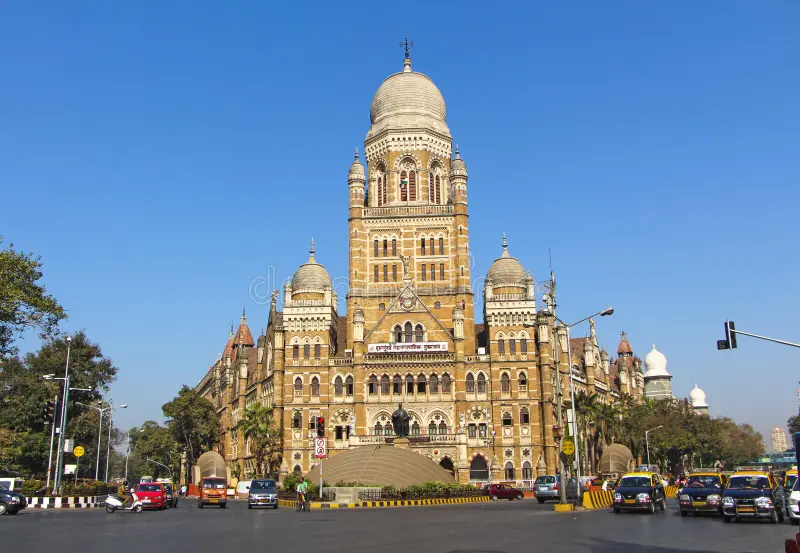To tackle pollution, the Brihanmumbai Municipal Corporation (BMC) has launched debris processing projects in Kokani Pada (Dahisar) and Shilphata (Kalyan) with a capacity of 600 metric tons per day. However, these plants are currently receiving only 300-400 metric tons of debris, which is significantly lower than their capacity. Meanwhile, cases of illegal debris dumping along roadsides, creeks, and drains have increased. To address this issue, BMC is planning a new policy.
A BMC official stated that the civic body will coordinate with builders, informing them that if they have debris to dispose of, BMC will provide designated locations for its disposal. Additionally, the civic body is searching for more locations in Mumbai, Bhiwandi, Navi Mumbai, and other areas to establish new debris crushing plants. Information about these locations will be available on the BMC website, ensuring that debris is directed to the nearest processing facility. BMC will act as an intermediary between builders and landowners for the disposal process.

Debris Transportation Costs May Reduce
Currently, it costs Rs 1,500 per metric ton to transport debris. If BMC facilitates the process between builders and contractors, the cost will be reduced to Rs 1,470 per metric ton. If builders transport the debris to the plant using their own vehicles, the cost will be further reduced to Rs 750 per metric ton. Officials stated that builders supplying debris are required to reclaim 25% of the crushed material, and this process will continue. BMC is also exploring ways to further reduce transportation costs to Rs 500 per metric ton. Additionally, the civic body is considering setting up a new 600 metric ton capacity debris processing plant in Deonar to process debris collected in the area.
Rs 1,024 Crore to be Spent Over 21 Years
BMC will spend Rs 1,024 crore over the next 21 years to address Mumbai’s debris problem. With large-scale construction projects ongoing in the city, approximately 1,200-1,500 metric tons of debris is generated daily. Currently, this waste is dumped at the Deonar dumping ground.
Strict Monitoring of Illegal Debris Dumping
BMC has been receiving constant complaints about pollution caused by illegal debris dumping. In response, a special task force has been formed to take strict action. Due to the increasing issue of illegal dumping, BMC has sought assistance from the Mumbai Traffic Police. The M-East Ward has written to the Deputy Commissioner of Traffic Police (Eastern Suburbs), urging action against offenders. The letter highlights that trucks illegally dump debris at night in areas such as Shivaji Nagar, Deonar, Govandi, Mankhurd, Trombay, and Chembur. Crackdowns have already been initiated in Malad.
6,563.48 Tons of Debris Generated Daily in 131 Cities
According to a report by the Centre for Science and Environment (CSE), cities covered under the National Clean Air Program (NCAP) generate a total of 6,563.48 metric tons of debris daily. Of this, nearly 50% comes from Delhi alone, while 70% originates from the Delhi-NCR region. The report states that Delhi alone generates approximately 3,448 metric tons of debris every day.
